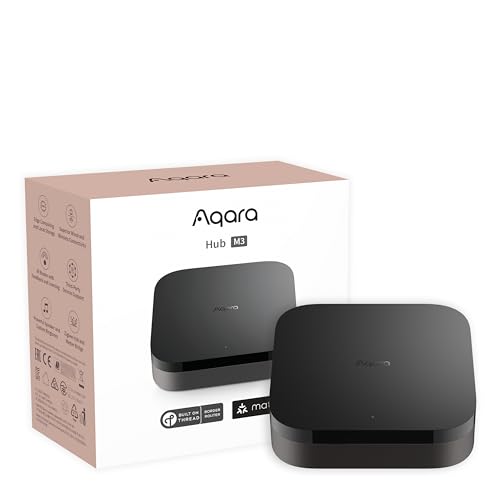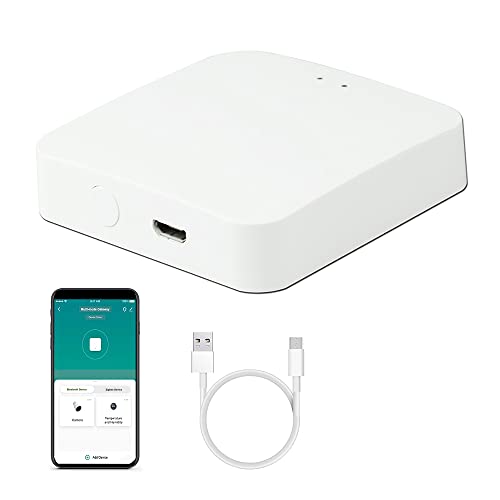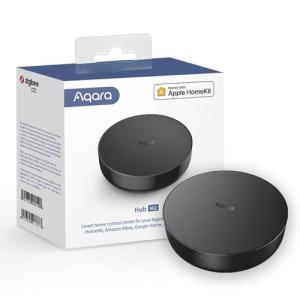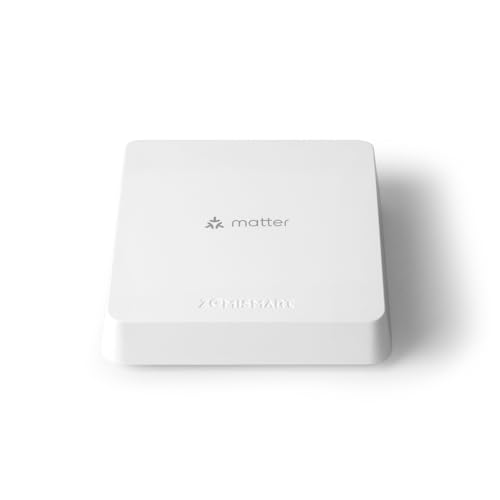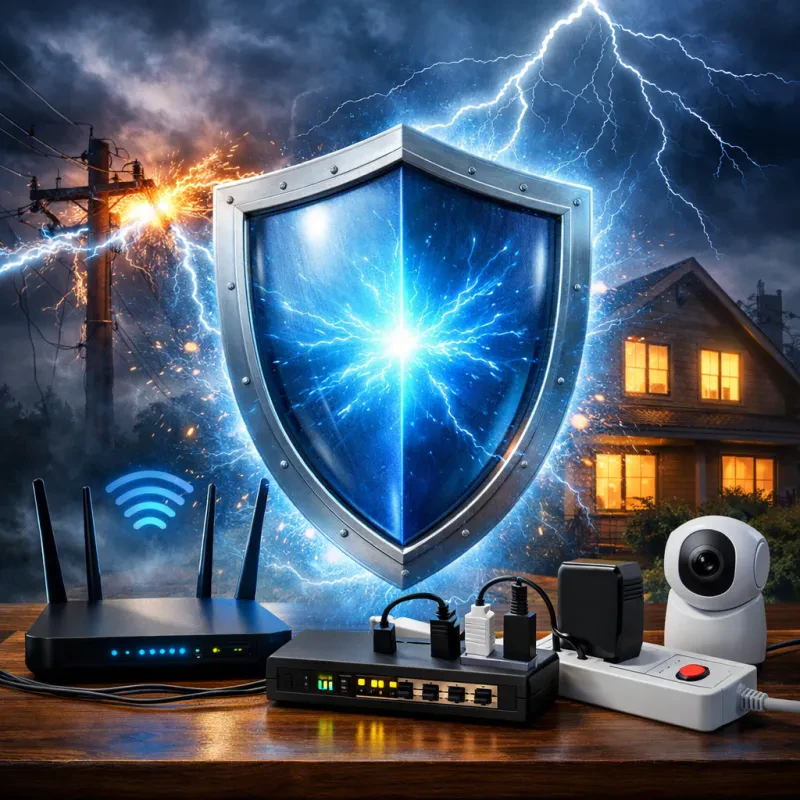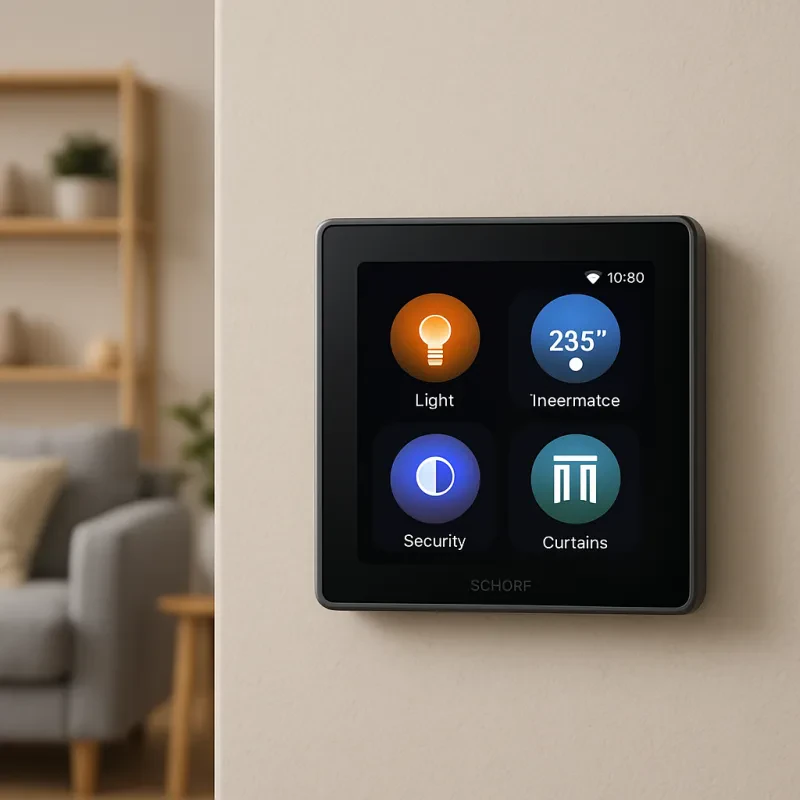Understanding Wifi Home Automation Devices: Pros, Cons and Functionality
Wifi home automation devices have become increasingly popular due to their ease of installation and use. With a stable internet connection, they can be controlled remotely using smartphones, tablets, or computers. However, there are pros and cons to using Wifi home automation devices, along with limitations in terms of functionality.
Pros:1. Easy Installation: Wifi home automation devices are easy to install as they do not require any additional wiring or cabling, making it an ideal choice for those who want to avoid the hassle of hiring professional installers.
2. Smart Home Integration: Wifi home automation devices can be easily integrated into the smart home ecosystem, which means homeowners can control multiple devices and appliances from a single application. This eliminates the need for multiple apps for different devices.
3. Remote Control: With a stable internet connection, users can control their Wifi home automation devices remotely from anywhere in the world using a smartphone, tablet, or computer.
Cons:1. Internet Dependency: Wifi home automation devices are dependent on internet connectivity. If the internet connection goes down or is interrupted, the devices may not function properly.
2. Security Risks: Since wifi signals can be intercepted, there is a risk that hackers may access your home network and control your home automation devices if they are not secured properly.
3. Bandwidth Constraints: If you have multiple Wifi home automation devices that are continuously sending and receiving data, it can lead to bandwidth constraints, slowing down your internet speed.
Functionality Limitations:1. Range Limitations: Wifi home automation devices have a limited range and may not work properly if they are installed far from the router.
2. Compatibility Issues: Not all Wifi home automation devices are compatible with each other. For example, a Wifi switch from one brand may not work with a Wifi bulb from another brand.
3. Power Consumption: Wifi home automation devices require a constant power supply to function, which may lead to higher electricity bills.
In conclusion, Wifi home automation devices offer many benefits such as easy installation, remote control, and smart home integration. However, they are also dependent on internet connectivity, have security risks, and are limited in functionality. It’s important to weigh the pros and cons before investing in Wifi home automation devices and ensure they meet your specific needs and requirements.
Wired Home Automation Devices: Benefits, Limitations and Integration
Wired home automation devices are electronic devices that are hardwired into a home's electrical system and communicate with a central control system. They offer a range of benefits and limitations, and can be integrated with both other wired and wireless devices.
Benefits
- Reliability: Wired devices are more reliable than wireless devices, as they are not subject to interference and signal loss.
- Security: Wired devices are more secure than wireless devices, as they cannot be easily hacked or intercepted.
- Stability: Wired devices provide a stable and consistent connection, ensuring that commands are always received and executed.
- Compatibility: Wired devices are generally more compatible with other wired devices, making integration easier.
Limitations
- Installation: Wired devices are more difficult to install than wireless devices, and may require professional installation.
- Flexibility: Wired devices are less flexible than wireless devices, as their location is determined by the home's electrical system.
- Cost: Wired devices are generally more expensive than wireless devices, due to the additional installation costs and materials.
Integration
Despite the limitations, wired home automation devices can still be integrated with both wired and wireless devices. This is done through the central control system, which acts as a hub to all connected devices. The central control system can communicate with both wired and wireless devices, allowing for seamless integration.
Overall, wired home automation devices offer a range of benefits and limitations. While they may require more up-front costs and installation time, they provide a reliable and secure automation system. Additionally, they can be integrated with both wired and wireless devices, providing flexibility and compatibility with other systems.
Choosing between Wifi and Wired Home Automation Devices: A Comprehensive Guide
When it comes to home automation devices, choosing between wifi and wired options can pose a challenge. Both types have their advantages and disadvantages, and ultimately the decision comes down to personal preference and the specifics of your home automation set-up. Here are some key factors to consider when making your decision:
Reliability: Wired home automation devices are generally considered more reliable than wifi devices because they do not depend on a wireless connection. This means that they are not susceptible to interference or signal loss, and are better equipped to handle high levels of traffic. However, if you have a strong wifi network and invest in high-quality wifi devices, you can still achieve a reliable home automation system. Installation: Wired devices require more upfront installation effort since they need to be physically wired into your home. This can make them more difficult to install in already-constructed homes. Wifi devices, on the other hand, simply need to be connected to your wifi network and can be easily moved around your home as needed. Cost: Wired devices are often considered more expensive than wifi devices due to the additional installation costs associated with wiring them into your home. However, they may be more cost-effective in the long run since they do not require ongoing wifi charges or upgrades. Range: Depending on the size of your home, wifi devices may not have the range to reliably connect to all devices in all areas of your home. In contrast, wired devices can easily be extended throughout your home using ethernet cables or other networking solutions. Flexibility: Wifi devices offer more flexibility in terms of where they can be placed since they do not need to be connected to a specific wiring point. This makes them a good option for homes with more unconventional layouts or design. Scalability: Both wifi and wired devices can be easily scaled up to include more devices as needed. However, wired devices may require additional wiring and installation work to accommodate new devices.Ultimately, the decision between wifi and wired home automation devices comes down to your personal preference and the specifics of your home automation set-up. By considering the factors above, you can make an informed decision that will help you enjoy the benefits of home automation for years to come.

